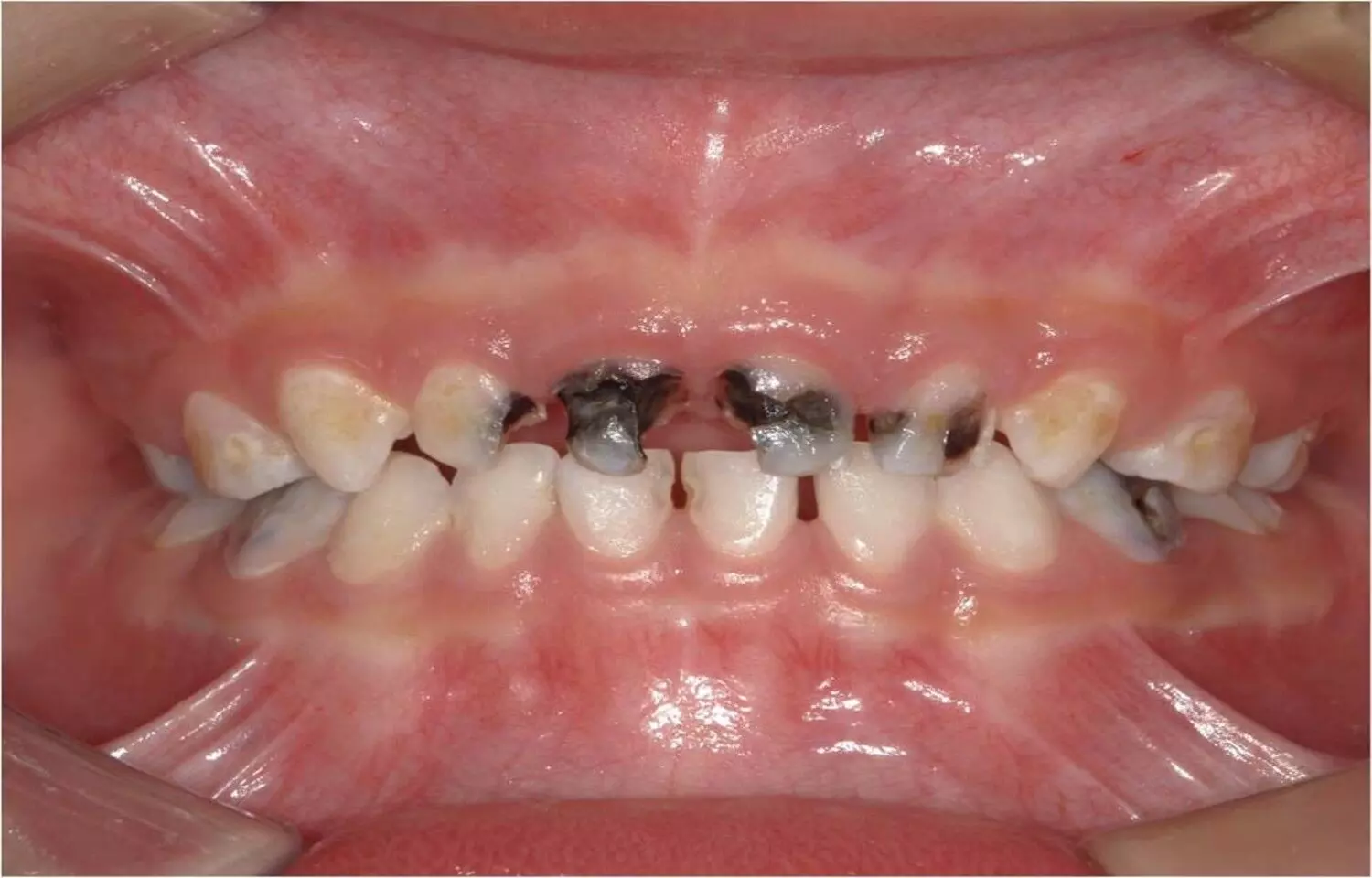Copyright medicaldialogues

A new study published in BDJ Open has found that adopting evidence-based early feeding practices—such as reducing sugar exposure, ensuring timely introduction of complementary foods, maintaining consistent vitamin D supplementation, and promoting dietary diversity—plays a critical role in preventing early childhood caries (ECC). The findings reinforce the strong link between nutrition during infancy and long-term oral health outcomes.Researchers analyzed feeding behaviors, dietary patterns, and oral hygiene practices in young children to understand how early-life nutrition influences caries development. The study found that frequent sugar consumption, including hidden sugars in processed foods and sweetened milk formulas, significantly increases caries risk—even before teeth fully erupt. In contrast, infants who received breast milk or unsweetened formulas, along with balanced complementary foods, showed better oral health outcomes and fewer lesions. The timing of introducing solid foods also emerged as a key factor. Children who transitioned to complementary feeding at the recommended age (around six months) demonstrated healthier dental development and improved chewing habits, which aid in saliva production—a natural protective factor against caries. Vitamin D supplementation was another protective element, supporting enamel mineralization and resistance to decay. Researchers emphasized that early oral health education should be integrated into pediatric care and parental counseling. Teaching caregivers about sugar-free feeding options, proper bottle use, and early toothbrushing habits could dramatically lower ECC rates. Moreover, community-level nutrition programs and healthcare provider training can help address persistent misconceptions—such as the idea that baby teeth are “temporary” and don’t require care.The study highlights that early prevention, not just treatment, is key. By focusing on nutrition and parental awareness from infancy, the trajectory of dental health in children can be significantly improved.Reference:Duan, Z., Du, C., Tong, M. et al. Association between first 2 years’ feeding practices and early childhood caries: a birth cohort study in Shanghai. BMC Oral Health 25, 1531 (2025). https://doi.org/10.1186/s12903-025-06794-6Keywords: early childhood caries, feeding practices, nutrition, vitamin D, dietary diversity, sugar intake, oral health prevention, complementary feeding, Duan, Z., Du, C., Tong, M, BMC Oral Health



